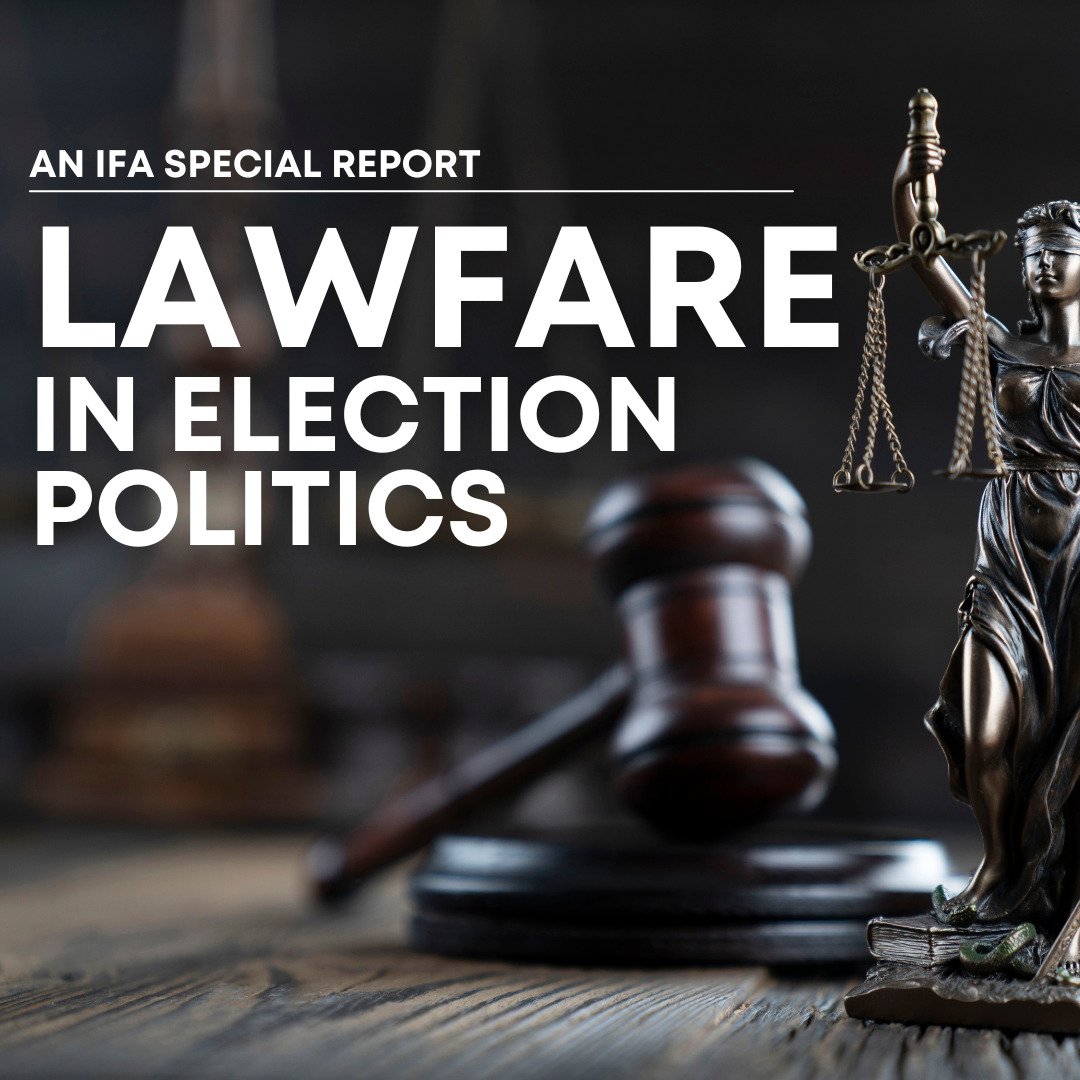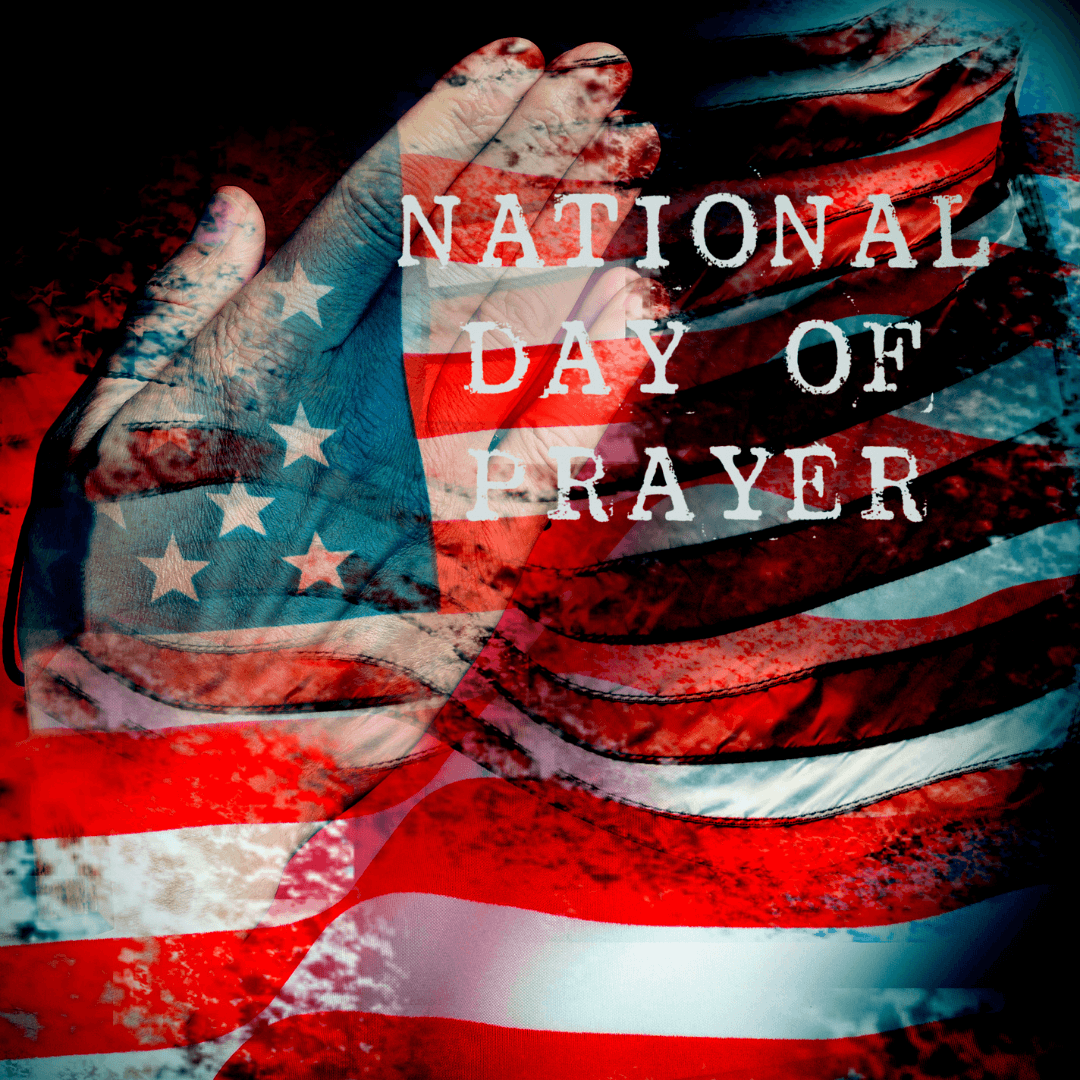UNION SUPPORT FOR DONALD TRUMP GIVES BIG LABOR CHANCE TO CATCH UP
UNION SUPPORT FOR DONALD TRUMP GIVES BIG LABOR CHANCE TO CATCH UP
Thank God for President’s Trump concern for blue-collar workers. Pray for Richard Trumka and other labor leaders as they work with the Trump administration to address the challenges that workers, unions and corporations face.
President Trump reshuffled the deck when he won the support of union members who typically vote Democrat.
The 2016 exit polls show that 43 percent of those in union households voted for Mr. Trump. In Ohio, he won the union vote by 9 percentage points after President Obama carried the state’s union households by 23 percent in 2012.
For Big Labor, it was a harsh reminder that union membership’s political preferences are far less monolithic than union leadership’s. Employees rejected their union representatives’ staunch support for Hillary Clinton, demonstrating that they can act in their own self-interest — even when it diverges from the union elite’s.
Now comes Big Labor’s greater challenge: getting the memo and supporting pro-employee policies. Insulated by federal labor law that has gone relatively unchanged since the Taft-Hartley Act of 1947, union bosses have exploited the status quo to assume a stranglehold on the workplace. In recent years, their well-healed political agenda has been focused exclusively on supporting Democrats who favor unionization and the resulting increase of dues dollars shoveled into union bank accounts. These member dues (about $8 billion a year) provide outsized salaries — many union bosses who whine about Wall Street compensation are in the top 1 percent of U.S. earnings.
The union agenda has also shifted since the 1940s. What was once a collective bargaining focus has morphed into a political operation using those millions in member dues to support other liberal organizations and campaigns. From 2012 to 2015, union bosses have given away over a half-billion dollars to groups many of their members would never support.
But any challenge to union leadership’s tight grip on power is always shouted down from the top. Leading up to the Taft-Hartley Act’s passage — which defined unfair labor practices and provided several responses to union abuses — union bosses labeled the pro-employee initiative the “slave-labor bill.” The AFL-CIO spent $1 million in 1947 on newspaper ads, radio programs and mass meetings. President Truman vetoed the bill, but he was subsequently overridden in a bipartisan vote by Congress. The American public had had enough of the overreaching and disruption that the unions were injecting into our society.
Seventy years later, AFL-CIO President Richard Trumka has an opportunity to embrace rather than oppose the most comprehensive piece of labor legislation since the Taft-Hartley Act. The Employee Rights Act (ERA) provides eight common-sense protective measures for employees. The ERA would guarantee secret ballot union elections, provide for periodic re-votes to assess support for union representation (less than 10 percent of union members ever got to vote for the union taking their dues). The ERA also prohibits union officials from spending member dues on political advocacy without first obtaining prior approval. Nothing in the proposed law would compromise union organizing or the right to collective bargaining.
The ERA’s popularity underscores the need for labor reform. The bill’s key provisions register an overwhelming 80 percent approval among union households. The federal criminalization of union violence — another ERA proposal — is viewed favorably by almost 90 percent of those in union households.
Recognizing the bill’s broad-based appeal, the 114th Congress embraced the pro-employee reforms. Last legislative session, 170 members of Congress co-sponsored the legislation, including 33 U.S. senators.
It’s time for Mr. Trumka to do the same. Only 14.6 million U.S. employees were union members last year — a drop to 10 percent of the workforce. Only 6 percent of private-sector employees were union members — down from one-third of all employees in the 1950s. Meanwhile, a majority of U.S. states have now embraced right-to-work laws that prohibit making union membership a required condition of employment. Missouri recently joined that list of 27 other states, while New Hampshire could pass similar legislation in the near future.
If the nationwide dip in union membership and state-by-state embrace of right-to work are any indication, the general public is not buying what Big Labor is selling. Any CEO presiding over these depressing sales numbers would have been fired long ago.
Embracing the ERA might be the only way out for Big Labor, which needs to show American workers that they can join a union on a no-risk basis and leave if union promises are not kept.
Richard Trumka can be the unique political figure that comes along all too infrequently. He can become the statesman who will do what is right rather than what is convenient.
The ERA is a law whose time has come. Let’s leave the politics aside and move on. (Contributor: By Richard Berman for The Washington Times – Richard Berman is the president of Berman and Company, a public affairs firm in Washington, D.C.)
Whatever you do, work at it with all your heart, as working for the Lord, not for human masters, since you know that you will receive an inheritance from the Lord as a reward. (Col. 3:23-24)
Partner with Us
Intercessors for America is the trusted resource for millions of people across the United States committed to praying for our nation. If you have benefited from IFA's resources and community, please consider joining us as a monthly support partner. As a 501(c)3 organization, it's through your support that all this possible.






Comments
No comments have been posted yet; you can be the first!